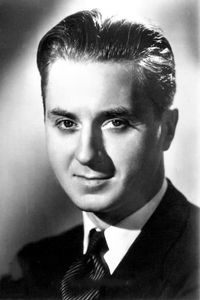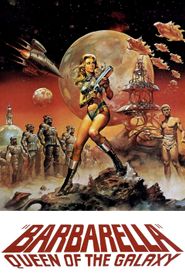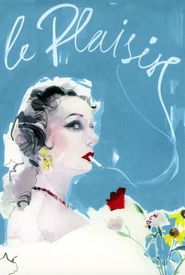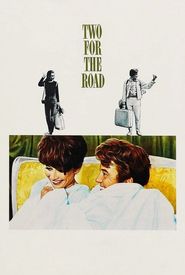Claude Dauphin's early life and career were marked by a series of impressive achievements. In 1930, at the age of 27, he, a stage-struck set designer at the Oden Theater in Paris, learned an ailing actor's part in just two hours and took over the role without a single rehearsal. This remarkable feat did not go unnoticed by the famous French playwright and producer, Tristan Bernard, who promptly engaged Dauphin for the leading role in his next play, "La Fortune".
Dauphin's next major break came when Charles Boyer left for the United States to pursue a career in American cinema. Boyer's departure created a vacancy in the Henri Bernstein organization, a renowned stage production company in Paris, which Dauphin was quick to fill. Over the next few years, he starred in numerous plays and made his mark in the French film industry, appearing in an astonishing 65 movies.
Dauphin's educational background was equally impressive. He received his elementary education at the prestigious Ecole Fenelon, followed by high school at the Lycee Condorcet. He went on to graduate from the Lycee Louis de Grand in literature and philosophy, all of which were located in the City of Light.
However, Dauphin's life took a dramatic turn with the outbreak of World War II. Between 1940 and 1945, he served as a soldier in the French and Allied armies, rising to the rank of lieutenant in the French tank service. Unfortunately, his experiences during the war would haunt him for the rest of his life.
Despite the challenges he faced, Dauphin continued to work in the entertainment industry, organizing his own stock company and touring non-occupied cities and small towns in France. He also played a key role in the French underground movement, working to resist the Nazi occupation.
In 1942, Dauphin made his escape to Gibraltar, where he boarded a small fishing boat and sailed to London. In the British capital, he initially worked with the British Secret Service before joining the Free French forces of General Charles de Gaulle.
Dauphin quickly learned English, a language he was previously unfamiliar with, and became a liaison officer between the French LeClerc division and the press corps of the American Army, with whom he worked closely with General George S. Patton. This association earned him a unique place in history, as he was one of the first individuals to enter Paris on Liberation Day.
After the war, Dauphin made his American film debut in the movie "Deported", which was primarily produced in Italy. He went on to appear in numerous stage productions on Broadway, including "No Exit" and "Happy Time". He also had a screen test with Warner Bros., although he later returned to France, where he had almost forgotten about the test.
However, his Hollywood adventure was not over yet. In 1952, he was summoned to Los Angeles to star in the movie "April in Paris", alongside Doris Day and Ray Bolger.
















































